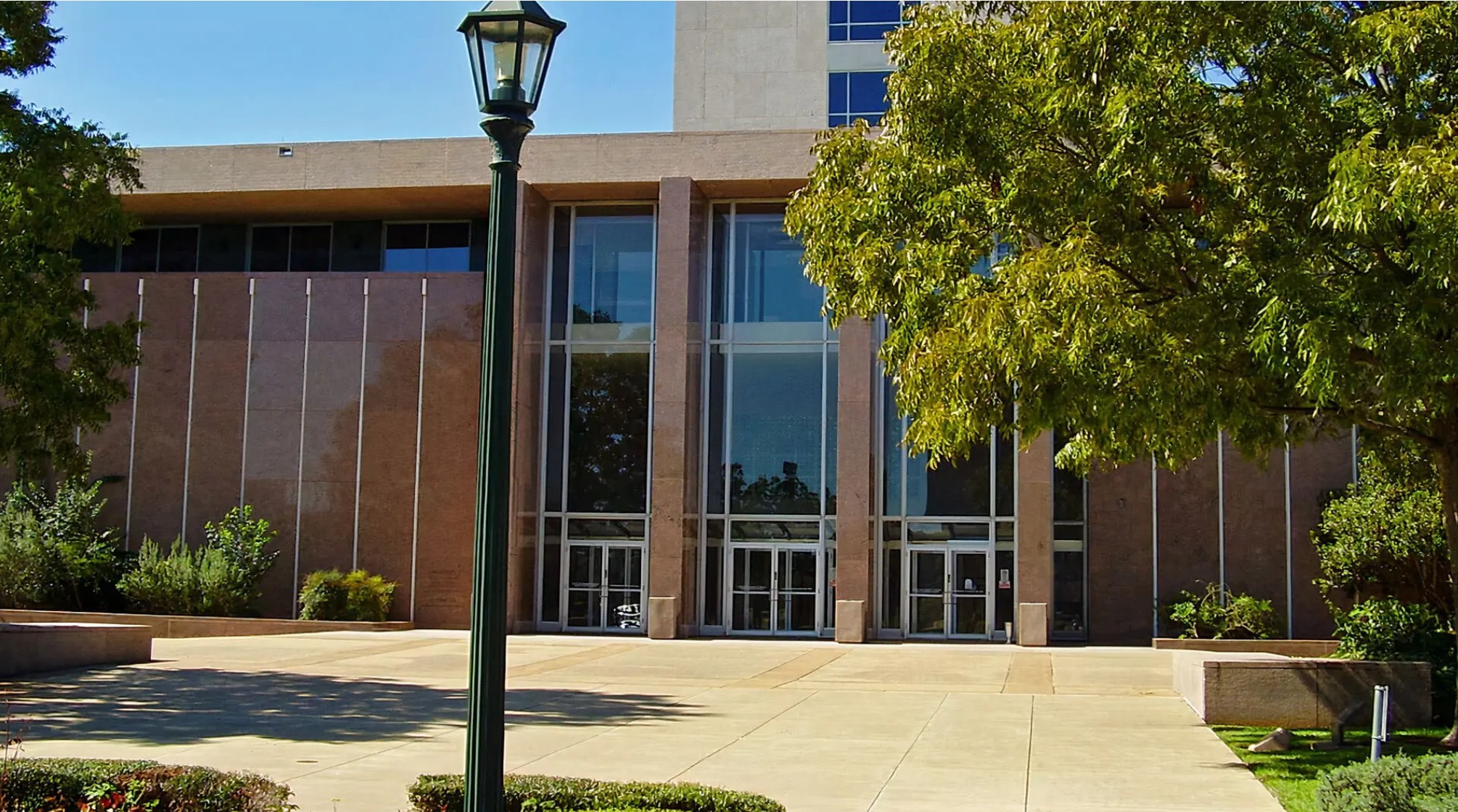Court of Criminal Appeals Reins in Texas Ethics Commission

By Travis Morgan | Texas Scorecard | August 21, 2025
Texas’ Court of Criminal Appeals decided on Wednesday that the Texas Ethics Commission is a part of the legislative branch and does not have the sole authority to prosecute election crimes. This is a reversal from an earlier ruling on the matter.
With this ruling, the unelected commission, which regularly faces criticism for lacking transparency, is no longer the sole prosecutor of such cases. Instead, elected local prosecutors, who are answerable to voters, will be authorized to prosecute election crimes.
The Texas Ethics Commission (TEC) was established in 1991 by a voter-approved amendment that added a provision to Article III of the Texas Constitution, which outlines the structure and powers of the state’s legislative branch.
Tony McDonald, a Fort Worth attorney specializing in election law, explained the TEC’s authority.
“If you look at Article III, Sec 24a, the TEC was only given constitutional authority to do two things: recommend salary increases to voters (something they’ve never done) and to set the legislative per diem,” McDonald told Texas Scorecard.
“They are composed of appointees from the political caucuses of the House and Senate and do not answer to voters,” he continued. “They are required to be 50/50 bipartisan, meaning that half of them are Democrats. They are very clearly a legislative agency, assigned to accomplish a legislative task.”
The Case
In 2018, Robbie Gail Charette reportedly ran for the office of Judge of the Washington County Court at Law as a Republican candidate.
A Washington County grand jury later indicted Charette for violating various election laws, such as:
- Knowingly misrepresenting the true source of campaign communications
- Falsely representing in campaign communications, with knowledge of the falsity, that she held a public office she did not hold
- Failing to file her personal financial statement in a timely manner
- Failing to maintain proper records of political expenditures
Charette petitioned the court to squash the indictment as void, arguing that “the exclusive authority to investigate and initiate prosecution” regarding election law violations was vested in the TEC.
Both the trial court and the Fourteenth Court of Appeals in Houston disagreed.
In September 2024, the Court of Criminal Appeals reversed the Fourteenth Court’s judgment. The Court agreed with Charette’s argument that any criminal prosecution brought without the authority of the TEC would be invalid.
Immediately following the decision, the State prosecuting attorney filed a motion for rehearing. The motion was granted by the Court in January 2025.
The Decision
On Wednesday, the Court decided to reverse its September 2024 decision, now ruling against Charette.
Between the two rulings, Presiding Judge Sharon Keller, Judge Barbara Hervey, and Judge Michelle Slaughter were replaced on the bench by Presiding Judge David J. Schenck, Judge Gina G. Parker, and Judge Lee Finley.
The opinion, written by Judge Schenck, focused on the role of the TEC as a legislative agency and explained how it is unique.
“While many of [the TEC’s] functions would typically be considered executive by nature, it was created directly by constitutional amendment and placed within the legislative department,” wrote Judge Schenck.
“The Texas Constitution creates both the TEC and the offices of the county and district attorneys,” he continued. “Nothing in either provision remotely suggests exclusivity at the expense of the other. And, while it is surely within its power to do so, the Legislature has not taken any action to so limit the role of prosecutors in election law cases.”
Analysis
McDonald immediately took to X to celebrate the Court overturning “their crazy decision” that “gave the speech gestapo at the [TEC] sole authority to prosecute election crime offenses.”
He also highlighted the significance of the Court’s decision in upholding the separation of powers.
“Under Supreme Court precedent applying federal law, it is clear that ‘legislative’ agencies are not permitted to enforce laws,” said McDonald. “The legislature, of course, makes laws, and the executive enforces them. This is a basic, black letter principle of separation of powers.”
According to McDonald, the TEC’s habit of administering executive powers has serious consequences.
“Unlike elected prosecutors, or the elected attorney general, who are accountable to the voters and operate in open court, the TEC conducts nearly all of its enforcement activities in secret. Texans accused of violating the state’s speech regulations are dragged into secret hearings and are forced to testify against themselves. Those who cannot afford an attorney are not provided with one,” he told Texas Scorecard.
“The TEC’s enforcement process represents a constitutional aberration. It is a stain on our state and our constitutional order,” he concluded.
Neither party’s attorneys responded to Texas Scorecard’s request for comment in time for publication.
If you or anyone you know has information regarding judicial malfeasance, please contact our tip line: scorecardtips@protonmail.com.
Travis Morgan
Travis is a journalist for Texas Scorecard reporting on courts. He is a published historian and law student based in Dallas. Travis’ goal is to bring transparency and accountability to the Texas Judiciary.